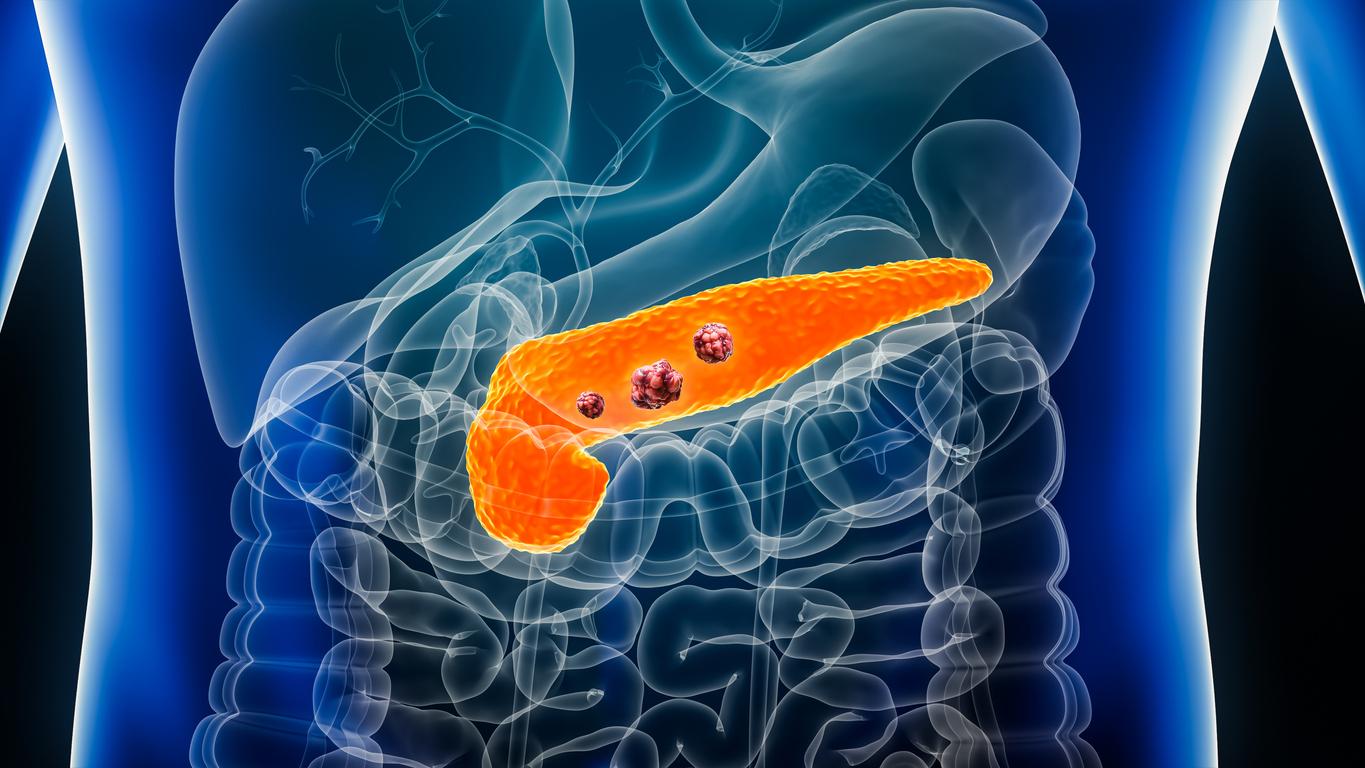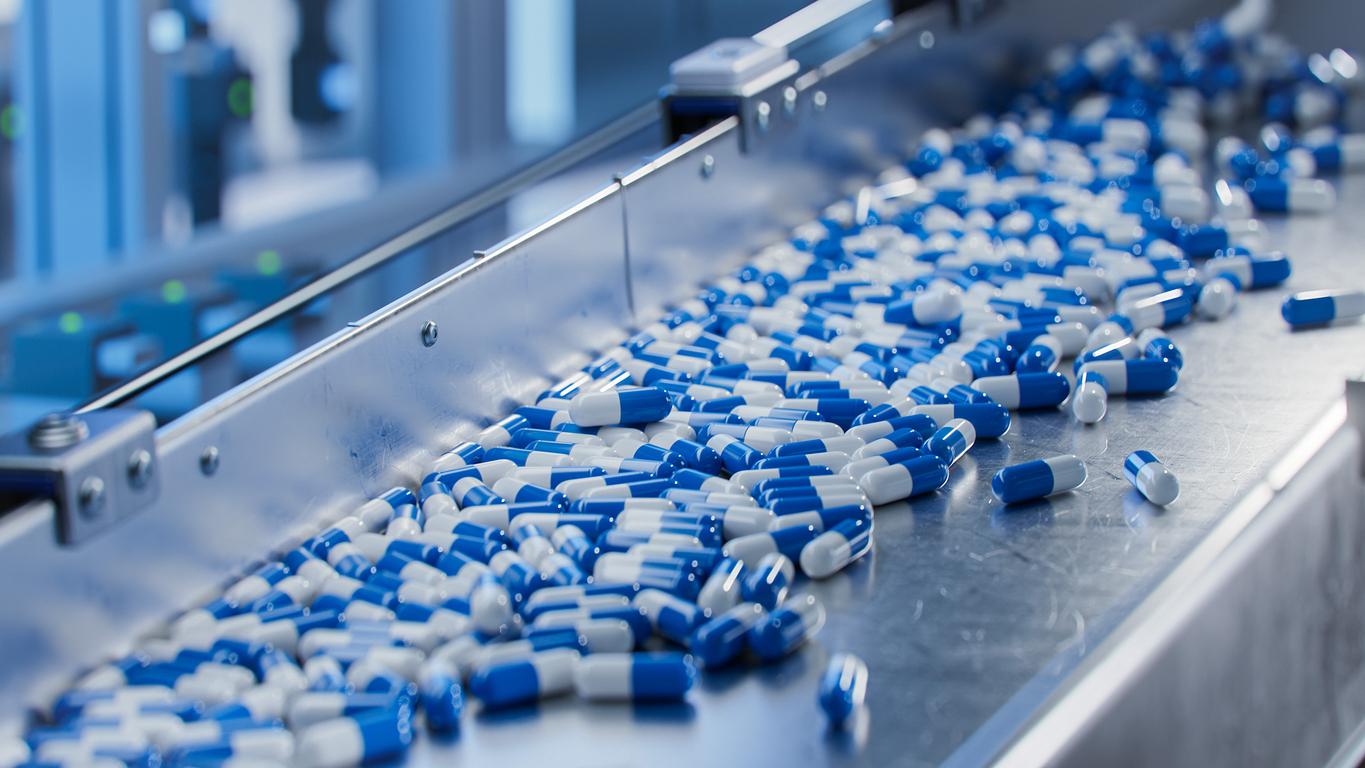Vitamin D supplementation may help improve non-motor symptoms of Parkinson’s disease, a new study suggests.

Worldwide, 6.3 million people are affected by the degenerative and progressive neurological disorder of Parkinson’s. This makes it the second most common neurodegenerative disease, just after Alzheimer’s. It results in a progressive loss of neurons leading to multiple motor and psychic problems.
If the main symptoms are tremor, great muscle rigidity, bradykinesia (slowness of movement or absence of movement) and postural instability, this affliction also causes many non-motor disorders. Among them, we find fatigue, daytime drowsiness, sleep, digestive, sexual or even urinary disorders.
A correlation between vitamin D and bone density
Noting that vitamin D deficiency is very common in patients with Parkinson’s, researchers wanted to determine whether vitamin D levels were correlated with bone mineral density and non-motor symptoms in patients. The answer is yes, reveals their study published Tuesday, August 6 in the journal Acta Neurologica Scandinavia. This discovery could ultimately help lead to new treatments.
By comparing 182 patients suffering from Parkinson’s and 185 “healthy” participants, Chinese researchers realized that the patients had much lower levels of vitamin D in their blood. What’s more, people with the least vitamin D were more likely to fall and have sleep problems, depression and anxiety. “As various non-motor symptoms represent a burden for people with Parkinson’s disease and their caregivers, vitamin D could be a potential adjunctive treatment to improve these overlooked symptoms,” says Chun Feng Liu, co-author of the paper that participated in the study.
The benefits of vitamin D
Vitamin D is a hormone found in food and synthesized in the body from a derivative of cholesterol or ergosterol under the action of UVB radiation from the sun. It is involved in the absorption of calcium and phosphorus and plays a crucial role in the mineralization of bones.
Also, this study is far from being the first to praise the benefits of vitamin D for health. A few days ago, research showed that it may well help slow the progression of type 2 diabetes. The researchers found that vitamin D supplementation significantly improved the action of insulin in muscle tissue, and this in just six months. Vitamin D would also reduce the risk of fracture after a kidney transplant by intervening in the absorption of calcium and phosphorus by the intestines and by the kidneys. Its benefits have also been proven in the course of metastatic colorectal cancer and in the prevention of breast cancer.
These foods rich in vitamin D
However, according to another study published in June, more than one in four adults suffer from a deficiency vitamin D. As for infants, children, adolescents and pregnant women, who are more fragile, they should systematically benefit from vitamin D supplementation, given their particularly high needs and often insufficient exposure to the sun.
If you cannot expose yourself to the sun as often as necessary, you will find vitamin D in fatty fish (cod liver, herring, mackerel, sardines, salmon), organ meats (livers), eggs, cheeses and butter. Some dairy products, breakfast cereals and oils are also fortified with vitamin D.


















